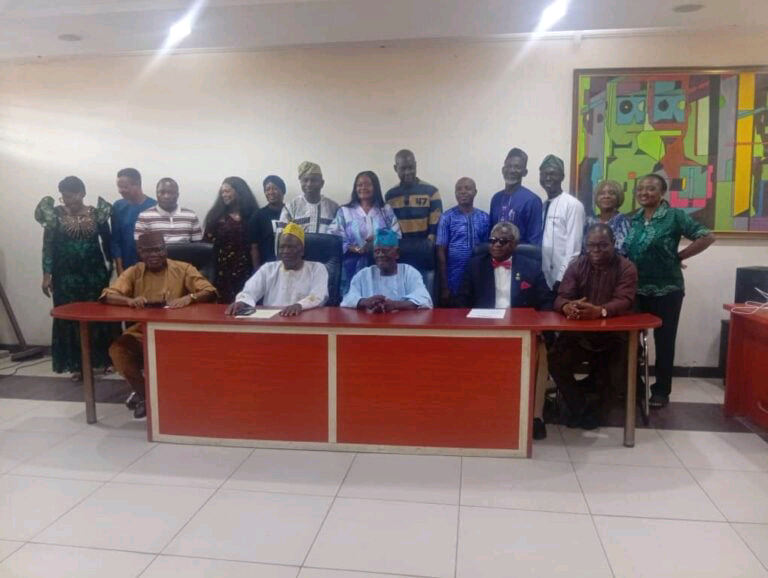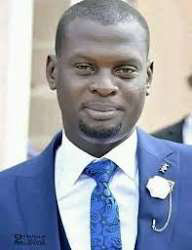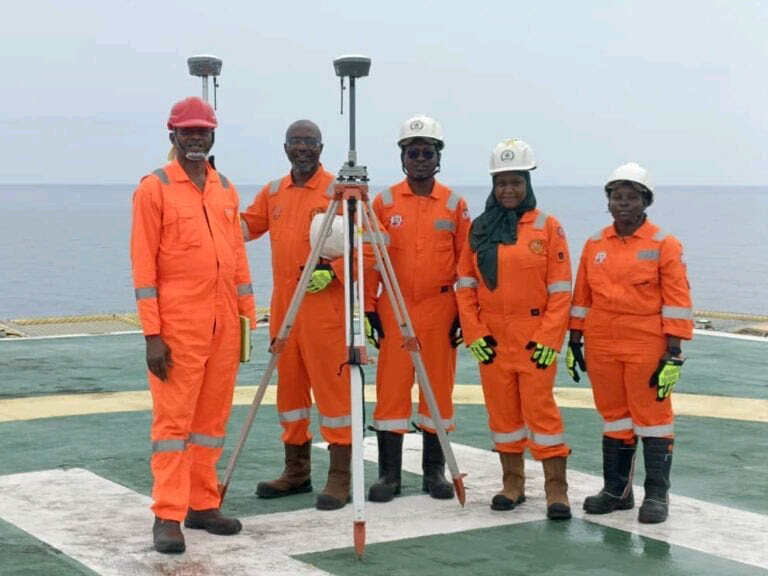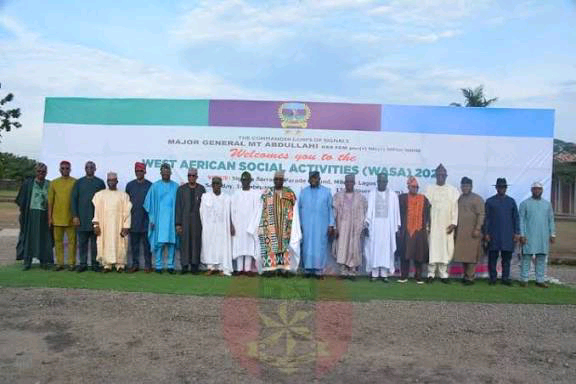Dangote, Adenuga, Otedola, Abdulsamad Secure Spots on Forbes Billionaires List
Four of Nigeria’s most prominent business figures — Aliko Dangote, Mike Adenuga, Femi Otedola, and Abdulsamad Rabiu — have been named in Forbes’ latest list of global billionaires, reaffirming their status as some of Africa’s wealthiest and most influential entrepreneurs.
Aliko Dangote, the founder and chairman of the Dangote Group, maintained his position as Africa’s richest individual, a title he has held for more than a decade. Forbes valued his fortune at over $20 billion, crediting the surge to the consistent performance of Dangote Cement and the gradual operations of the multi-billion-dollar Dangote Refinery, which has been described as one of the largest single-train refineries in the world.
The refinery is expected to significantly reduce Nigeria’s reliance on imported petroleum products and position the country as a refining hub for West Africa.
Mike Adenuga, founder of Globacom and major stakeholder in Conoil, also appeared prominently on the list. With investments spanning telecommunications, oil exploration, and real estate, Adenuga’s wealth is estimated in the multi-billion-dollar range.
Despite challenges in Nigeria’s telecom industry, Globacom remains the country’s second-largest mobile operator, underscoring Adenuga’s influence on the continent’s digital economy.
Abdulsamad Rabiu, chairman of BUA Group, has steadily risen in the global rankings, thanks to his expanding investments in cement, sugar, and agriculture.
Over the past few years, BUA has opened several new cement plants and strengthened its position as a key competitor to Dangote Cement.
Forbes noted that Rabiu’s strategic investments have pushed his wealth into the upper tier of African billionaires, highlighting his growing role in Nigeria’s industrialisation efforts.
Femi Otedola, the energy and financial investor, made a strong return to the billionaire rankings.
After years of restructuring his portfolio and divesting from certain sectors, Otedola has staged a comeback through strategic investments in energy, power, and finance.
His philanthropic activities, high-profile acquisitions, and renewed business ventures have brought him back into the global spotlight, restoring his place among Nigeria’s leading billionaires.
The recognition of these Nigerian billionaires has once again stirred national debate. Supporters argue that their achievements highlight the resilience of Nigerian entrepreneurship in the face of currency volatility, policy uncertainty, and economic challenges.
They stress that their global recognition could inspire the next generation of African entrepreneurs. However, critics point out that the rising fortunes of a handful of individuals stand in stark contrast to the country’s widespread poverty, unemployment, and rising cost of living, raising questions about wealth distribution and inclusive growth.
Forbes compiles its annual billionaire rankings based on publicly available information, including stock prices, company valuations, and financial disclosures. As such, fortunes can fluctuate dramatically with market performance, acquisitions, and the success or failure of major projects.
This year, Dangote’s refinery and cement expansion, Rabiu’s cement investments, Adenuga’s telecom resilience, and Otedola’s business comeback were key drivers of their inclusion.
While their presence on the Forbes list is a point of pride for Nigeria and Africa at large, economists emphasize that the bigger challenge lies in ensuring that the wealth of these billionaires translates into wider economic development. Analysts argue that with the right reforms — particularly in energy, infrastructure, and governance — Nigeria’s private sector wealth could play a transformative role in lifting millions out of poverty.







